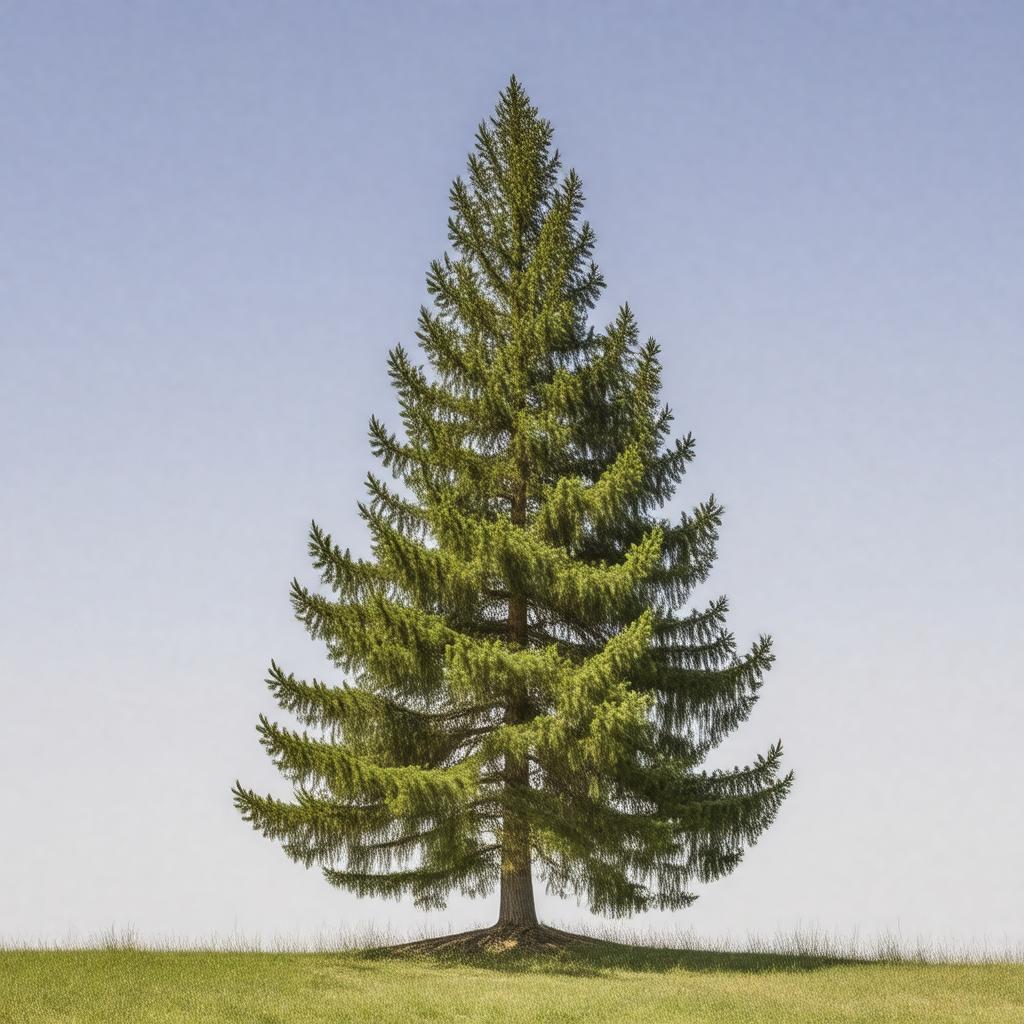
AI-created image
Statements (25)
| Predicate | Object |
|---|---|
| gptkbp:instanceOf |
gptkb:plant_species
gptkb:tree |
| gptkbp:allows |
gptkb:dam
cold |
| gptkbp:closelyRelatedTo |
white spruce
|
| gptkbp:evergreen |
true
|
| gptkbp:fallColor |
blue-green
|
| gptkbp:family |
gptkb:Pinaceae
|
| gptkbp:genus |
gptkb:Picea
|
| gptkbp:growthForm |
slow
|
| gptkbp:height |
up to 60 feet
|
| gptkbp:introduced |
horticulture
|
| gptkbp:nativeTo |
gptkb:South_Dakota
gptkb:United_States gptkb:Wyoming gptkb:Black_Hills |
| gptkbp:scientificName |
gptkb:Picea_glauca_var._densata
|
| gptkbp:shape |
conical
|
| gptkbp:species |
gptkb:Picea_glauca
|
| gptkbp:usedAs |
gptkb:festival
gptkb:ornamental_plant windbreak |
| gptkbp:bfsParent |
gptkb:South_Dakota
|
| gptkbp:bfsLayer |
5
|
| http://www.w3.org/2000/01/rdf-schema#label |
Black Hills spruce
|